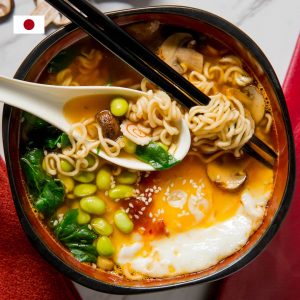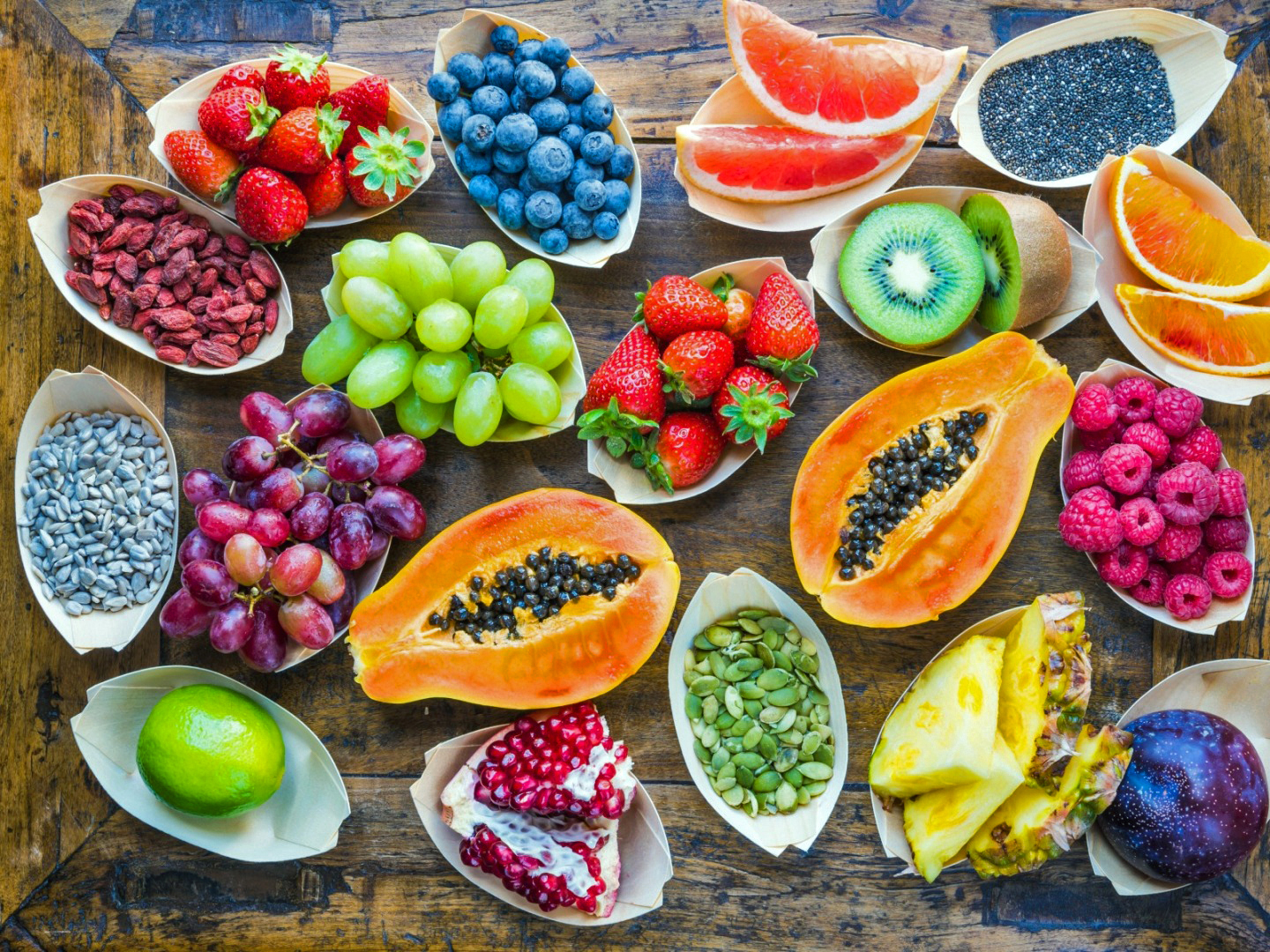Oriental medicine views human health as the body’s ability to respond to a wide range of stimuli in a way that maintains its balance and integrity. Diseases arise because of the inability to adapt to any external conditions. The body’s defenses are weakened, reserves are depleted, and the many adverse factors at work interact with one another. One of the main ways to maintain the natural balance and integrity of the body is proper nutrition, which prevents the depletion of the natural reserves of the person.
The system of natural nutrition, as defined by Oriental medicine, is to establish harmony between food and homeostasis (homeostasis is relative dynamic constancy of composition and properties of internal environment and stability of basic physiological functions of organism) of human being taking into account age, sex, presence of chronic diseases and other criteria.
The natural way of eating is:
- plenty of fiber,
- low caloric content,
- high content of micronutrients,
- low fat content,
- low salt content.

The natural way of eating involves:
- Eating a little, but often,
- Start eating in the morning only when you are completely ready,
- In the evening, eat little or no food.
The natural way of eating includes:
- plenty of fruits and vegetables,
- a moderate amount of tubers and root vegetables,
- a moderate amount of game,
- a small amount of nuts,
- a small amount of legumes.
Priorities in Food Intake
Eastern medicine suggests the following priorities in food intake – lots of fruit and soft plant foods (vegetables), moderate amounts of carbohydrates, moderate amounts of plant protein, moderate amounts of specially selected animal foods.
Unrestricted intake
1) Plant foods (salads, green and yellow vegetables). Their consumption should increase to 40% of the diet. Man is built in such a way that he should get a considerable part of proteins from plant foods. You should eat a lot of them, up to one and a half kilos per day.
2) Fruit. The consumption of fruit should constitute 25% of the diet. It is necessary to consume up to one kilogram per day.
Limited and controlled consumption.
1) Dairy products. You should either eliminate them completely or keep their consumption to a minimum.
2) Livestock meat. Consumption should be reduced to zero.
3) Poultry meat. Skinless chicken and turkey breasts may be consumed in moderation. Consumption of other parts should be minimized.
4) Fatty fish and seafood. It is useful to consume in moderation.
5) Plant proteins (nuts, legumes, and meat substitutes). It is very important to eat raw unsalted nuts regularly and in moderation. Because of their anti-nutrient content, legumes, particularly soybeans, are not a miracle food at all. Only occasionally can you include a moderate amount of legumes and legume products in your diet.
6) Cereal products, sugar and starches. Their consumption should be limited as much as possible.
7) Eggs. Eggs of intensively fed hens may be consumed in moderate quantities. Free-range chicken eggs, which are rich in omega-3 fats, can be consumed without restriction.
The golden rules of natural nutrition, as defined by Oriental medicine
As a biological species, humans are adapted to eat predominantly plant foods and fruits. One should not be cautious about the amount of fruits and vegetables consumed. Up to a pound and a half of vegetables and a pound of fruit a day – let plant foods be the main food on your table.
- Keep the food simple. The fewer foods, the better.
- Fresh vegetables are better than cooked vegetables. If you cook – it is better to steam, bake or roast.
- Limit your intake of unhealthy carbs. Beware of any products in bags, cans, bottles.
- Consumption of livestock meat should be reduced.
- You should reduce your consumption of dairy products.
- Show moderation in your fat intake. Replace unhealthy fats with canola oil. Hemp, flax, and nut oils are also suitable. Eat cheese with caution. Salt your cooked food as little as possible.
If you follow these rules, Oriental healers guarantee a greater adaptability of the body to adverse changes in the environment and the preservation of natural human health.

